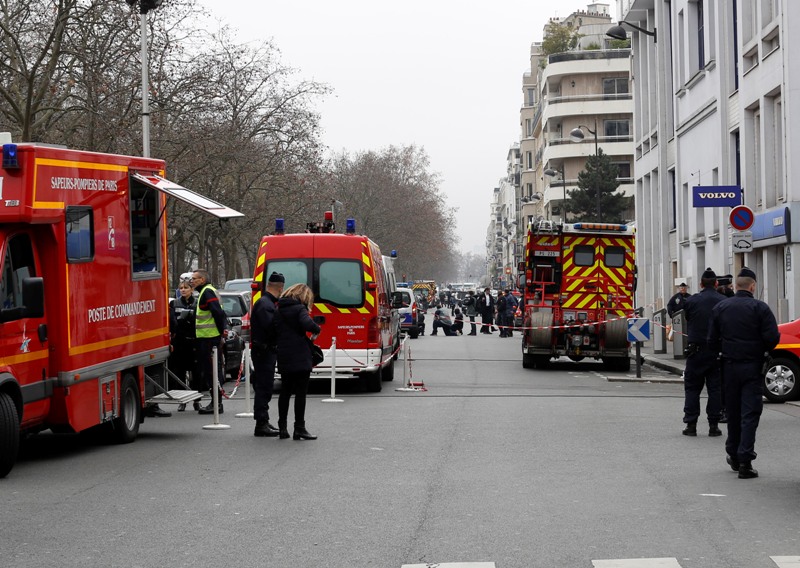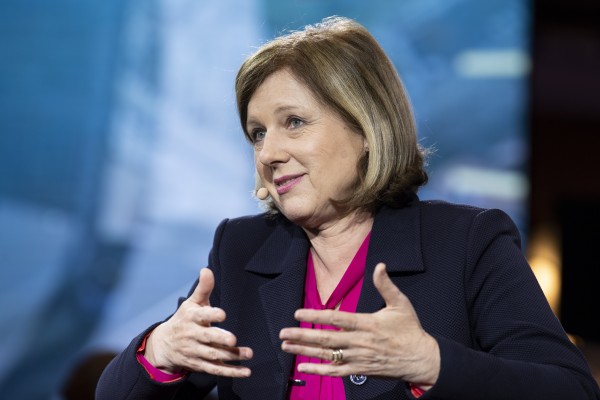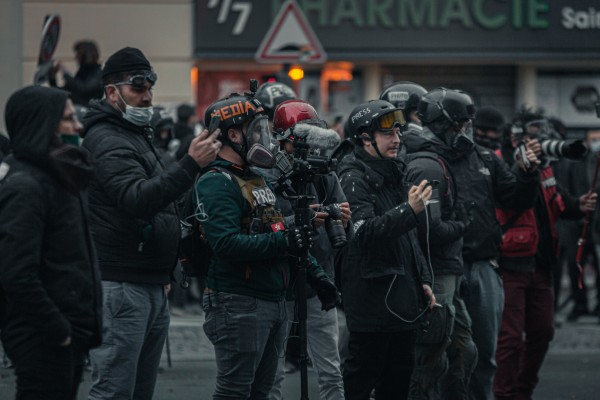The International Press Institute (IPI) joined observers around the world in condemning the brutal attack today on the Paris offices of satirical weekly Charlie Hebdo in which 12 people were killed.
UPDATE: This statement was revised on Jan. 8, 2015 to add further information on the victims and on the alleged attackers.
“IPI is appalled by today’s outrageous attack,” IPI Interim Executive Director Barbara Trionfi said. “Our thoughts are with the loved ones of those killed or injured, and for the safety of those working to apprehend the perpetrators, who reportedly remain at large. We urge journalists and others in Paris today to take the utmost precautions and we wish all speed to French authorities in bringing these killers to justice.
“This attack represents an assault on democratic values – one that is sadly emblematic of the threat that too many journalists around the world face every day. We stand with our colleagues in Paris and across the globe who refuse to be cowed by violence and who continue to fight to defend the freedoms of opinion and expression.”
Nine members of Charlie Hebdo’s staff were killed when masked gunmen entered the weekly’s offices late this morning and opened fire. Two police officers were also killed, as was a visitor to the office, and another 11 people were said to have been injured.
The BBC reported that Charlie Hebdo staff members killed in the attack included editor and cartoonist Stéphane “Charb” Charbonnier, 47; Bernard Maris, 68, an economist who wrote a regular column as “Uncle Bernard”; cartoonists Georges Wolinski, 80, Jean “Cabu” Cabut, 76, Bernard “Tignous” Verlhac, 57, and Philippe Honore, 73; psychoanalyst and columnist Elsa Cayat; and proof-reader Mustapha Ourrad.
Also killed were Frederic Boisseau, 42, a caretaker who was in the reception area at the time of the attack; Michel Renaud, a visitor to the office; and police officers Franck Brinsolaro, who was acting as Charbonnier’s bodyguard, and Ahmed Merabet, 42, who was gunned down outside the office as the attackers fled.
French President Francois Hollande said the attack was an act of terrorism and the country was put on high alert amid a manhunt for the attackers, who fled the scene in one car and later hijacked another. Witnesses said the men claimed to be acting on behalf of Al Qaeda and some media outlets reported the attackers as saying “we have avenged the prophet”.
Authorities late Thursday identified two of the alleged attackers as brothers Cherif Kouachi, 32, and Said Kouachi, 34, and a manhunt for the pair remained ongoing more than 24 hours after the attack. A third suspect who authorities implicated, 18-year-old Hamyd Mourad, surrendered to police hours later, reportedly proclaiming his innocence.
Charlie Hebdo drew controversy in 2006 when it published an issue that included cartoons depicting Mohammed, including 12 that had appeared in the Danish newspaper Jyllands-Posten the year before.
In 2011, Charlie Hebdo’s office was firebombed and its website hacked after it published a special issue titled “Charia Hebdo”, in reference to Sharia law. The edition was “guest-edited by Mohammed”, who was depicted saying “100 lashes of the whip if you don’t die laughing”.
The following year, French riot police were deployed to protect the weekly’s offices after it published more satirical cartoons featuring Mohammed in the wake of the controversy generated by the online release of the anti-Islam film “The Innocence of Muslims”.



